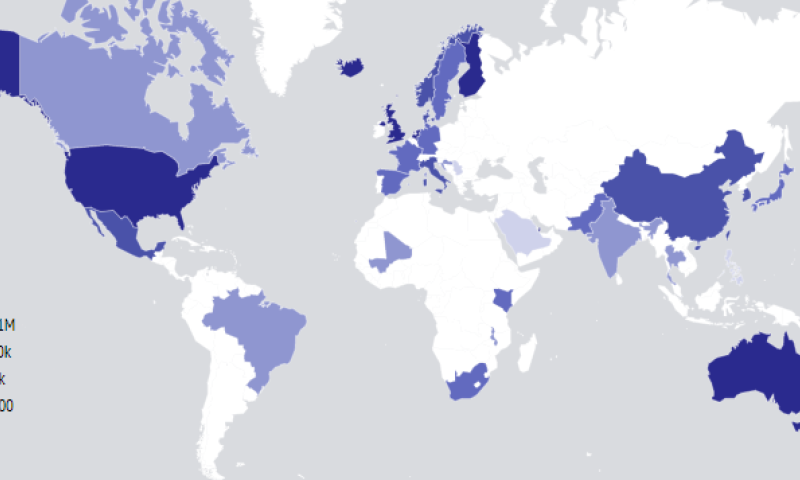
7 Nov 2022
Research Spotlight: How accurate is Facebook’s advertising data for demographers?
Dr Francesco Rampazzo, Lecturer in Demography at the Centre, has co-authored a paper published today in the Royal Statistical Society: Series A, on the accuracy of Facebook advertising data for use in social science research.









